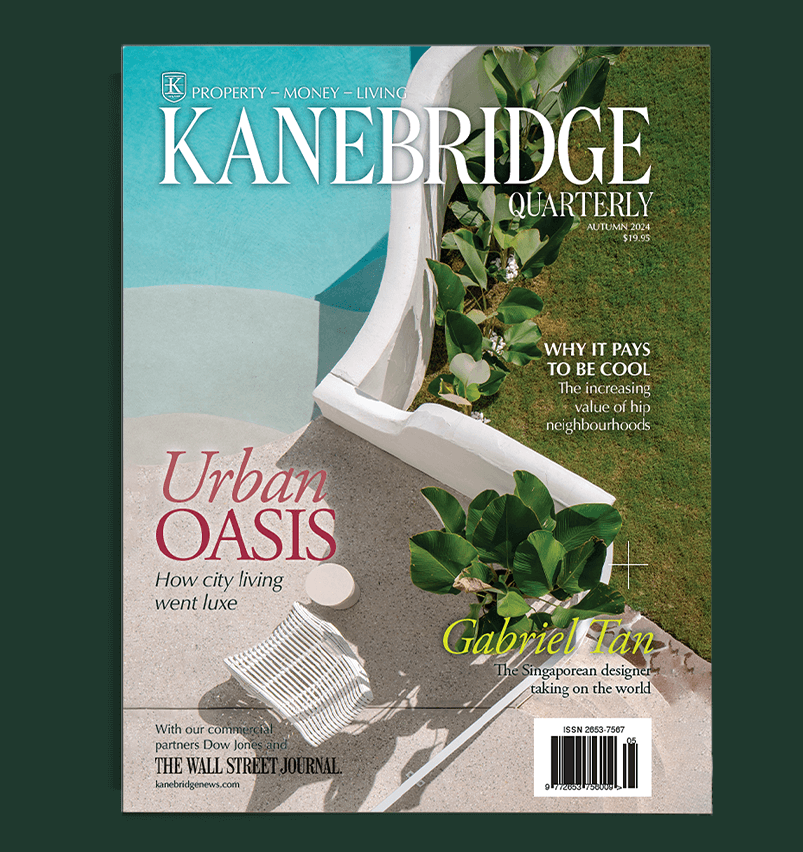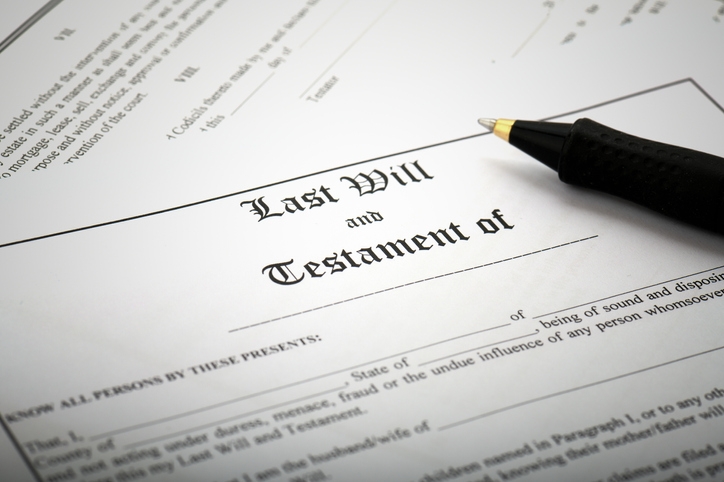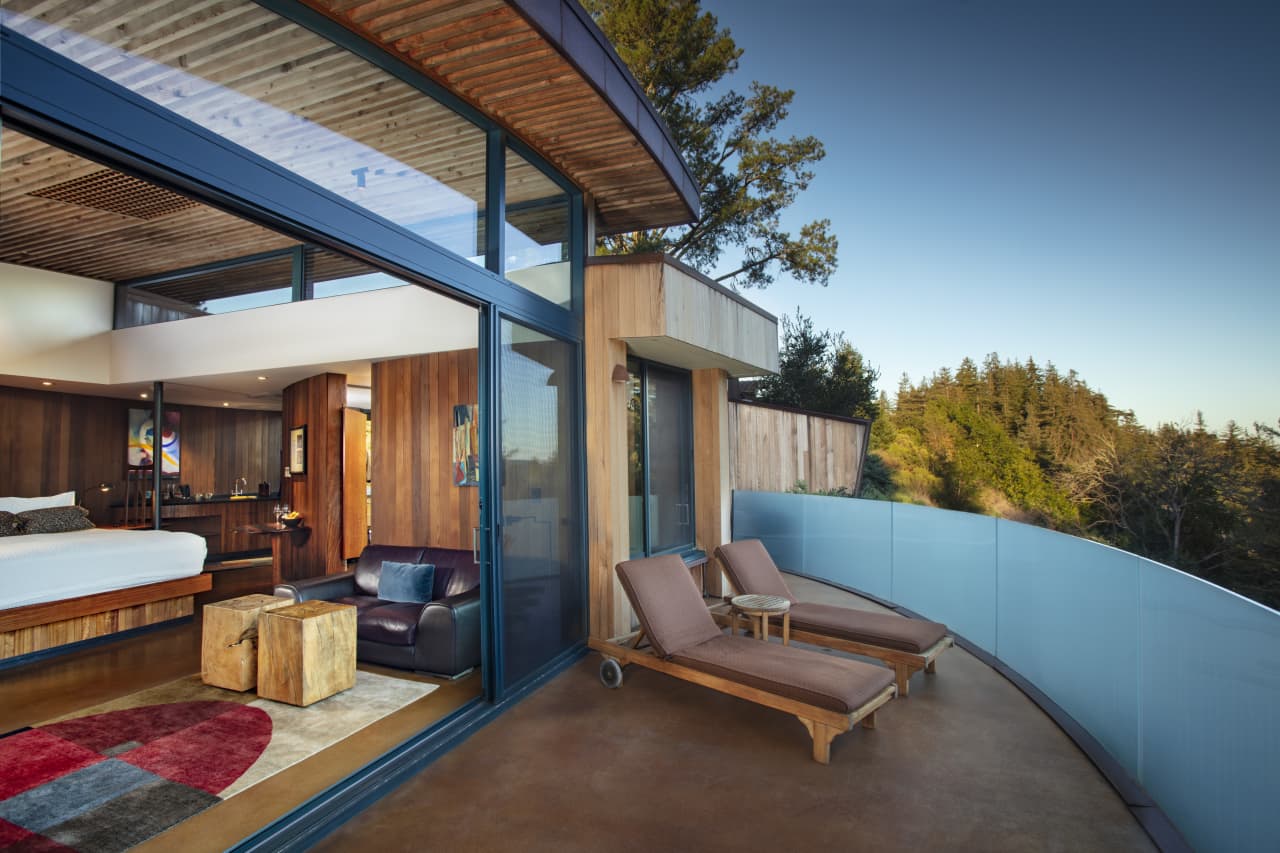The Biggest Mistakes People Make With Their Wills
The obvious one isn’t doing a will at all. But that is just one of many errors people make—often with potentially serious consequences.
Everybody knows they should have a will, and not having one can leave heirs with a big mess. But just having a will isn’t enough. Big mistakes are common—from leaving decisions to the last minute and failing to update documents to mismatching beneficiary designations.
What follows are some of the biggest mistakes people make when doing their wills, according to attorneys who have seen these missteps far too often.
Procrastinating
Of course, thinking about death is uncomfortable, and planning for it can be costly. But to have a say in the distribution of your assets after you die—what each heir will receive, what charities to support and other matters—timely planning is critical. Yet many people either don’t create the proper documents, or they attempt to cobble something together on their deathbed. These last-minute efforts can lead to a host of problems for the simple reason that decisions made in haste leave less time to think through the multiple what-ifs.
Last-minute preparation also raises the likelihood that a disgruntled heir could claim the will was made under duress or in a diminished capacity, says Rebecca Hedaya-Heller, founding partner of Heller & Associates, a law firm in North Woodmere, N.Y.
Another reason not to procrastinate: A document known as a revocable trust, or living trust, can make it possible to distribute assets while you are still living and can be useful if you become incapacitated. A living trust can be especially important in states such as New York, California and Florida that have more restrictive probate laws. Living trusts have other uses as well, such as keeping things out of the public record since trusts are private documents, Ms. Hedaya-Heller says. This means that a family’s affairs can be kept private, including the value of the estate and to whom assets have been given.
Dropping large inheritances in heirs’ laps
When leaving significant money to heirs, people sometimes choose to bequeath it outright, all at once. This can be a mistake, says David Handler, a partner in the trusts and estates practice group at Kirkland & Ellis LLP. Children in their early 20s or 30s, or even later in life, may not be able to handle such windfalls. Giving them unfettered access to it, he says, can be imprudent.
A better option, Mr. Handler says, is to leave the assets to a trust to manage the assets after death. Such trusts also can offer tax and asset-protection advantages to the beneficiaries, he says. For example, they can be designed so that a divorcing spouse or creditor from a lawsuit cannot reach the trust assets. A trust also can be structured to avoid additional estate tax when the assets pass to siblings or children upon the beneficiary’s death, regardless of the trust’s value or the beneficiary’s net worth.
Forgetting digital assets
As more people invest in cryptocurrency and NFTs, it becomes critical to ensure someone will have the ability to navigate their digital wallets once they pass away, says Jonathan Forster, partner at Weinstock Manion in Los Angeles. “If you have a digital wallet and no one has that information, the crypto is lost,” he says.
Be sure to keep good records of your cryptocurrency and leave heirs instructions about how to access this information. Don’t store private keys—strings of letters and numbers that allow access to digital assets—on an old, offline computer, for instance, because the hardware could be inadvertently thrown out and the assets lost. Instead, consider using a special device known as a hardware wallet to manage your crypto assets, and make sure heirs know how to find and access the device.
Additionally, people should not include their passwords or private keys in a will itself, which becomes public through the probate process.
Not making regular updates
Write it and forget it is a common theme for wills. But the documents should be updated every five to 10 years because intentions and circumstances can change over time. “Life happens,” says J. Whitfield Wilks, director at Novare Capital Management, an investment management firm in Charlotte, N.C.
People who have made out their wills years earlier can change their minds about who should get what and which charities to support. Appropriate guardians for children, too, can change over time, which is why periodic reviews are critical. For instance, says Mr. Wilks, 20 years after a will is drawn up, a sibling who was named as executor could be dead or estranged, in a nursing home or otherwise incapacitated.
Mismatching beneficiaries
Even if they have an updated will or living trust, many people forget to update their beneficiary designations on other things—such as pension accounts, individual retirement accounts and other investments, and life-insurance policies. Because a beneficiary designation generally supersedes the terms of a will, there can be unintended consequences. These can include leaving substantial sums of money to an ex-spouse or failing to leave specific assets to a child or grandchild since an original designation may have been made before they were born. “It’s an ongoing process to make sure these things match and your wishes will be implemented,” Mr. Wilks says.
Not allowing for flexibility
Sometimes wills or living trusts are worded in ways that cause unintended consequences, such as leaving more or less money than desired to an individual or charity.
For example, Mr. Handler says, imagine a man with an estate worth $10 million whose will says to leave $1 million to charity and the rest to his children. Under that scenario, the children would get $9 million. But if the estate’s value drops and is now worth only $4 million, the charity would still receive $1 million and the children only $3 million.
People also have to be careful when leaving a particular stock or bank account to a particular child, he says. When the person dies, if the asset is no longer owned or has dropped precipitously in value, that child could unintentionally be left with nothing or significantly less than their siblings, he says.
Not heading off conflicts
Conflicts between heirs tend to happen more often when they are surprised by the contents of wills or trusts, says Mr. Forster, which is why the Los Angeles attorney says he recommends clients be upfront with beneficiaries about their intentions. While these conversations can be hard, having them in advance mitigates the risk of resentment, and possibly litigation, among heirs after a loved one dies.
Mr. Forster offers the example of a mother who was planning to leave a significantly larger share of her estate to her daughter, a teacher. This move would have left her son, a doctor, mostly disinherited. Although the mother loved both her children and was on good terms with both, her estate-planning decisions were based on their respective financials.
Acting on Mr. Forster’s advice, she spoke to the son before drafting the estate plan and was surprised to hear he felt snubbed and unloved, which wasn’t her intent. As a result, she amended her plans, still leaving the daughter more money than the son, but to a lesser extent.
Because the family discussed the situation, the son won’t “have to spend the rest of his life wondering if he did something wrong or whether his mom didn’t love him as much,” Mr. Forster says. “At least they got to have that conversation.”
 Copyright 2020, Dow Jones & Company, Inc. All Rights Reserved Worldwide. LEARN MORE
Copyright 2020, Dow Jones & Company, Inc. All Rights Reserved Worldwide. LEARN MORE
This stylish family home combines a classic palette and finishes with a flexible floorplan
Just 55 minutes from Sydney, make this your creative getaway located in the majestic Hawkesbury region.
New research suggests spending 40 percent of household income on loan repayments is the new normal
Requiring more than 30 percent of household income to service a home loan has long been considered the benchmark for ‘housing stress’. Yet research shows it is becoming the new normal. The 2024 ANZ CoreLogic Housing Affordability Report reveals home loans on only 17 percent of homes are ‘serviceable’ if serviceability is limited to 30 percent of the median national household income.
Based on 40 percent of household income, just 37 percent of properties would be serviceable on a mortgage covering 80 percent of the purchase price. ANZ CoreLogic suggest 40 may be the new 30 when it comes to home loan serviceability. “Looking ahead, there is little prospect for the mortgage serviceability indicator to move back into the 30 percent range any time soon,” says the report.
“This is because the cash rate is not expected to be cut until late 2024, and home values have continued to rise, even amid relatively high interest rate settings.” ANZ CoreLogic estimate that home loan rates would have to fall to about 4.7 percent to bring serviceability under 40 percent.
CoreLogic has broken down the actual household income required to service a home loan on a 6.27 percent interest rate for an 80 percent loan based on current median house and unit values in each capital city. As expected, affordability is worst in the most expensive property market, Sydney.
Sydney
Sydney’s median house price is $1,414,229 and the median unit price is $839,344.
Based on 40 percent serviceability, households need a total income of $211,456 to afford a home loan for a house and $125,499 for a unit. The city’s actual median household income is $120,554.
Melbourne
Melbourne’s median house price is $935,049 and the median apartment price is $612,906.
Based on 40 percent serviceability, households need a total income of $139,809 to afford a home loan for a house and $91,642 for a unit. The city’s actual median household income is $110,324.
Brisbane
Brisbane’s median house price is $909,988 and the median unit price is $587,793.
Based on 40 percent serviceability, households need a total income of $136,062 to afford a home loan for a house and $87,887 for a unit. The city’s actual median household income is $107,243.
Adelaide
Adelaide’s median house price is $785,971 and the median apartment price is $504,799.
Based on 40 percent serviceability, households need a total income of $117,519 to afford a home loan for a house and $75,478 for a unit. The city’s actual median household income is $89,806.
Perth
Perth’s median house price is $735,276 and the median unit price is $495,360.
Based on 40 percent serviceability, households need a total income of $109,939 to afford a home loan for a house and $74,066 for a unit. The city’s actual median household income is $108,057.
Hobart
Hobart’s median house price is $692,951 and the median apartment price is $522,258.
Based on 40 percent serviceability, households need a total income of $103,610 to afford a home loan for a house and $78,088 for a unit. The city’s actual median household income is $89,515.
Darwin
Darwin’s median house price is $573,498 and the median unit price is $367,716.
Based on 40 percent serviceability, households need a total income of $85,750 to afford a home loan for a house and $54,981 for a unit. The city’s actual median household income is $126,193.
Canberra
Canberra’s median house price is $964,136 and the median apartment price is $585,057.
Based on 40 percent serviceability, households need a total income of $144,158 to afford a home loan for a house and $87,478 for a unit. The city’s actual median household income is $137,760.
Consumers are going to gravitate toward applications powered by the buzzy new technology, analyst Michael Wolf predicts
Just 55 minutes from Sydney, make this your creative getaway located in the majestic Hawkesbury region.























